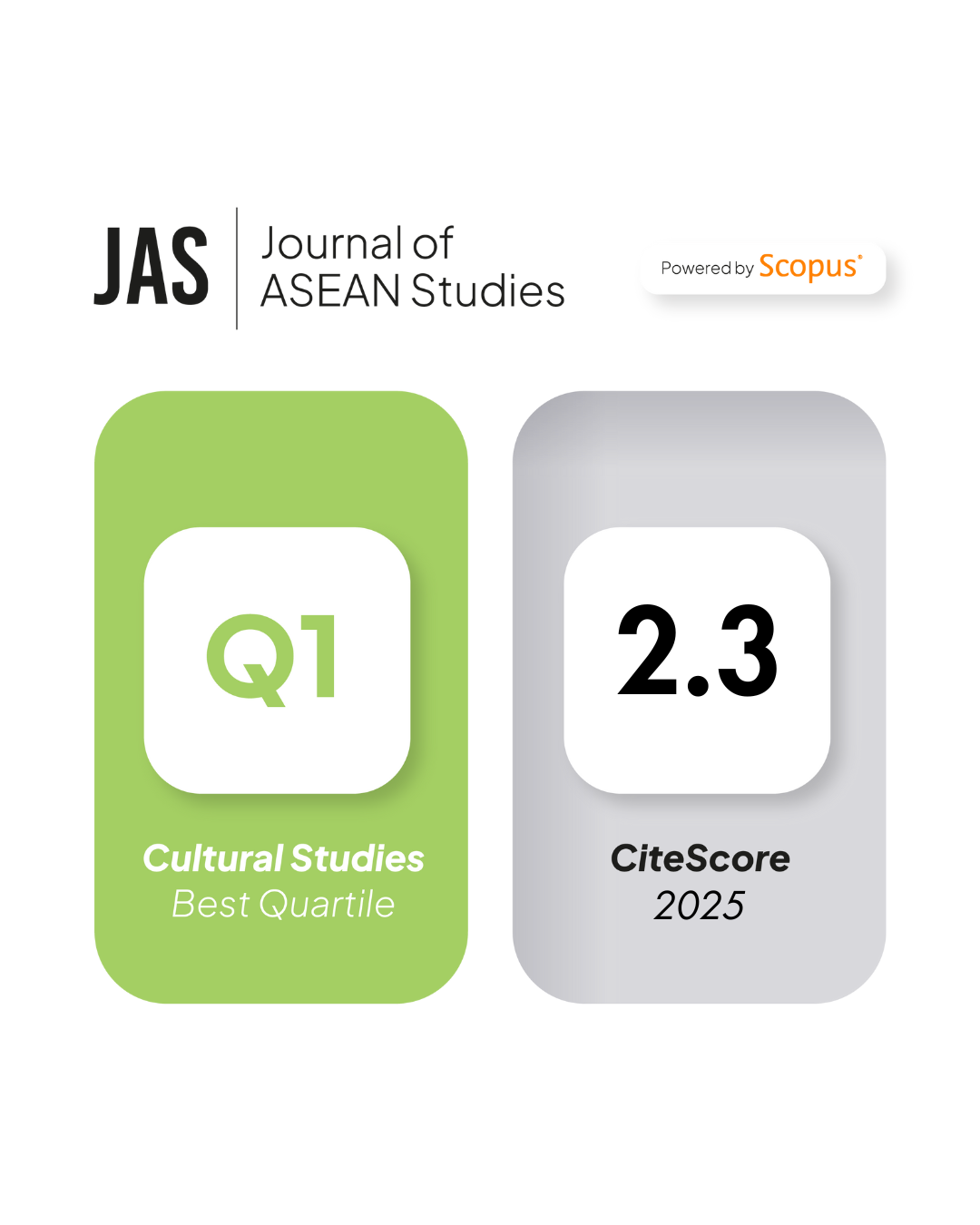State and Industrial Policy: Comparative Political Economic Analysis of Automotive Industrial Policies in Malaysia and Thailand
DOI:
https://doi.org/10.21512/jas.v1i1.61Abstract
Numerous differences exist between the neoclassical and national development schools of economics on how an economy should develop. For example, should the state interfere in the market using state resources, and cultivate certain industries to achieve specific developmental goals? Although the automotive industries in both Thailand and Malaysia developed in the 1970s with considerable government involvement, they have evolved along very different lines. Can these differences be traced to different interactions between the state and industry in these two countries? This paper examines this issue and finds that although industries in developing countries need government assistance, the specific political and economic contexts of each country affect the policies adopted and their effectiveness. The choice between “autonomous development†(Malaysia) and “dependent development†(Thailand) is the first issue. The second issue is that politics in Malaysia has deterred the automotive industry from adopting a “market following†position. This paper finds that the choice of strategy and political interference are the two main reasons the automotive industry in Malaysia is less competitive than that in Thailand.

























